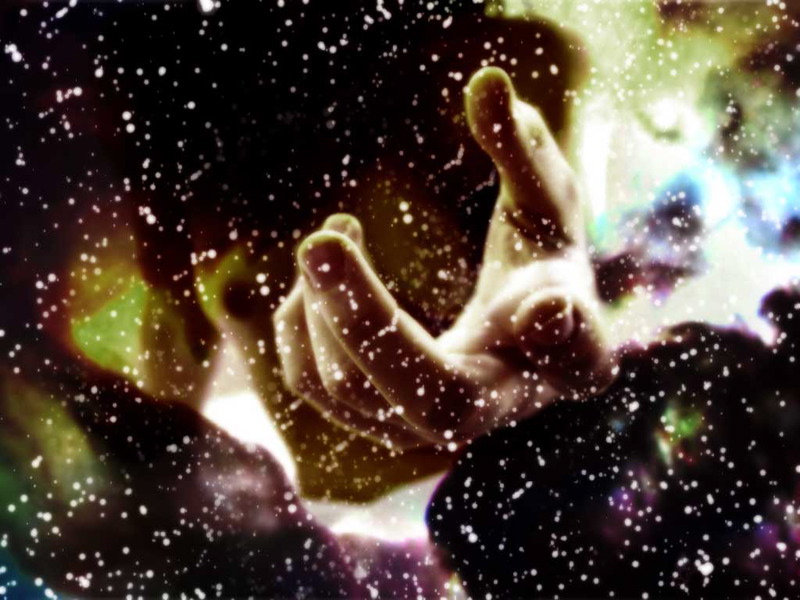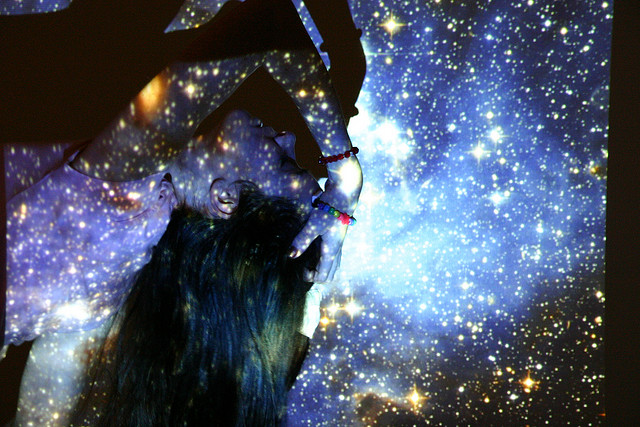Autism and sexuality is not a conceptualized idea. It is a reality.
Myths and misunderstandings tend to be especially magnetized to cultural taboos. At present, the combination of disability and sexuality remains a taboo to the eyes of those who have not been exposed to the concept. For those who have been exposed to the concept, there can be the challenge of having it be seen as positive.
In dispelling misunderstandings regarding ASDs and sexuality, resources containing personal perspectives addressing the truths are minimal and difficult to locate. Mainstream audiences require specific directions to those resources, since it’s not as easy as making a phone call to an autism organization or performing a Google search on autism and sexuality. Resources to accurate personal perspectives have increased, but resources to myths often still get mixed in.
During an autism town hall meeting held in April 2011, Dr. Peter Gerhardt tweeted: “It is just another aspect of human behavior but we have so pathologized sexuality that most are afraid to even discuss.” It’s true… we are afraid to discuss it. But why?
[pullquote]Myths are created out of fear and awe — to separate ourselves from anything odd or different from the social norm.[/pullquote]Human instinct relies on establishing explanations to ensure what is happening is “normal” (i.e. why the Sun rises and sets each day). Traditionally, myths have been created to explain the reasons and responsibility of nature’s occurrences. Myths are also created out of fear and awe — to separate ourselves from anything we are taught are odd or different from the social norm. We feel comforted and protected when we reside within the social norm.
The majority of us who receive and believe in myths do not do so out of malicious intent. The majority of us who consume myths are simply misunderstood, considering we may never have had an opportunity to be exposed to the truths.
There will always be people who will hold onto their belief of a given myth after hearing a truth. When it comes to truths regarding ASDs and sexuality, it may take a while to absorb the facts. However, most people are willing to listen if the information is delivered in a consistent and convincing manner.
The more voices and stories we hear from individuals, the closer we will be to dissolving this taboo. The unique aspects found in sexuality in general is not meant to be labeled as a social norm, but we can infuse it into our society to where it is not viewed as ‘subhuman’, ‘abnormal’, and any other term with a negative connotation.
So, what are the greatest myths of autism and sexuality? The answers can be found through the people who live with it themselves. I recently reached out to fellow self-advocates via Twitter and email correspondence and posted the following:
What do you believe is most misunderstood about ASDs & sexuality, and what myths needs to be addressed in regards to ASDs & sexuality?
Here are the responses from a small group of adults on the spectrum who participated in the conversation…
I think the biggest myth is one that most people have about ASD individuals. That we don’t have feelings like “normal” people.
Wolfie (@wolfie74)
____
I think the biggest myth is that we’re incapable of feeling love or higher emotions at all.
TG (@outoutout)
____
…that our people can’t, won’t, don’t want to or will never have a sexual or romantic relationship, so why teach consent?
Mand Hoskins (@Mandlovesgeeks)
____
The biggest myth I encounter is that we are incapable of being tender and empathetic to our partners, sexually or otherwise.
____
The biggest myth is that we are [all] asexual. That’s not true. Many of us have families. We have not learned to procreate without sex yet.
____
That there’s anything that can be universally said about the sexuality of Autistics. Some are straight, some are gay, some are bisexual or might not even care about gender of their partner as far as attraction. Some might be very straight to the point, some might be into more extensive sexual play, and some might incorporate “kinky” aspects into their sexual interactions. Some might be of typical sexual attraction, some might be hyper sexual, and some have an asexual orientation. There really isn’t one Autistic sexuality, just as there isn’t one sexuality or approach to sexuality in the general public.
____
[The greatest myth is] that we don’t know or are not capable of feeling love… or that we are scared to express sexual desires.
Zachary Harden (@zscout370)
____
I’m afraid to express sexual desires, but it was people — “normal” people — who instilled that fear in me. That’s not autism’s doing. Now, when it comes to affection, attachment, love, I often feel those with such intensity that I am overwhelmed and shut down.
____
There’s this myth that Autistics who do kink play make bad dominants. This is bull crap.
Anonymous
____
We are alike more than we are different. We have all the same needs as any other… love, connection, sex — we just may go about getting them met differently.
The contribution of voices does not end here. The more voices heard, the more complex and rich this “orchestral piece” will resonate to the audience who need to hear out this awareness.
Self-advocates in the autism community: you have the spotlight. What do you believe is the greatest misunderstanding about ASDs and sexuality, and what myths need to be addressed in regards to ASDs and sexuality?
Image Credits: Jack Heart, Tayrawr Fortune, ortizlucy80


